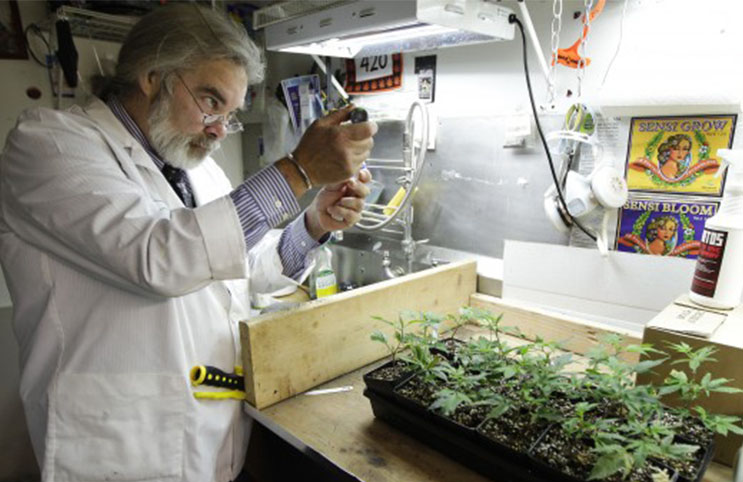With an increase of legal marijuana—both medical and recreational, easily available throughout 29 different states around the country—alcohol sales have taken a considerable decline, according to a recent investigative study.
A Changing of the Guard: People Prefer Legal Weed Over Alcohol
The story, which attempted to identify the connection between medical marijuana laws and alcohol consumption, investigated retail sales data for beer and wine in states that recently legalized medical marijuana. The findings concluded that two years after medical marijuana had become accessible, retail sales in grocery, convenience, drug or mass distribution outlets had dropped 13 percent. Researchers did not factor in liquor sales, however, due to the poor quality of data.
While there have been other studies that have attempted to interpret this information strictly on people’s own estimates of their alcohol consumption, this recent report stringently looked at hard retail data. Georgia State University economics professor Alberto Chong explained how that the old method is too unreliable to make a definitive conclusion.
“[Previous] studies tried to answer the question using subjective surveys,” Chong said. “We use actual data about sales, which is much better. That’s hard data—we know the exact number of sales per store.”
The research concluded that it took a full two years of legal marijuana for the aforementioned 13 percent decrease in sales. Yet, the study dually noted an immediate nine percent reduction upon the initiation of medicinal cannabis in certain states.
And while the study only takes into account the medicinal cannabis market, Chong believes that the influx of states legalizing recreational pot undoubtedly played a factor in the results.
“The drop in [alcohol] sales is so huge—it’s like 13 percent—that there has to be some leakage,” he said.
The study supports earlier findings from Deloitte, that suggested Canadians would ditch alcohol for cannabis once the plant is (hopefully) legalized for recreational purposes in July.
“[There’s] a potential for some current beverage alcohol consumers to migrate away from that category and toward marijuana when it becomes legal,” the study concluded.
The investigative research, which studied legal weed states Colorado, Oregon, and Washington, also noted that cannabis would be considered a competitor to the alcohol market, rather than a compliment, as the majority of pot consumers (80 percent) choose not to intertwine the two.
MAPH Enterprises, LLC | (305) 414-0128 | 1501 Venera Ave, Coral Gables, FL 33146 | new@marijuanastocks.com









